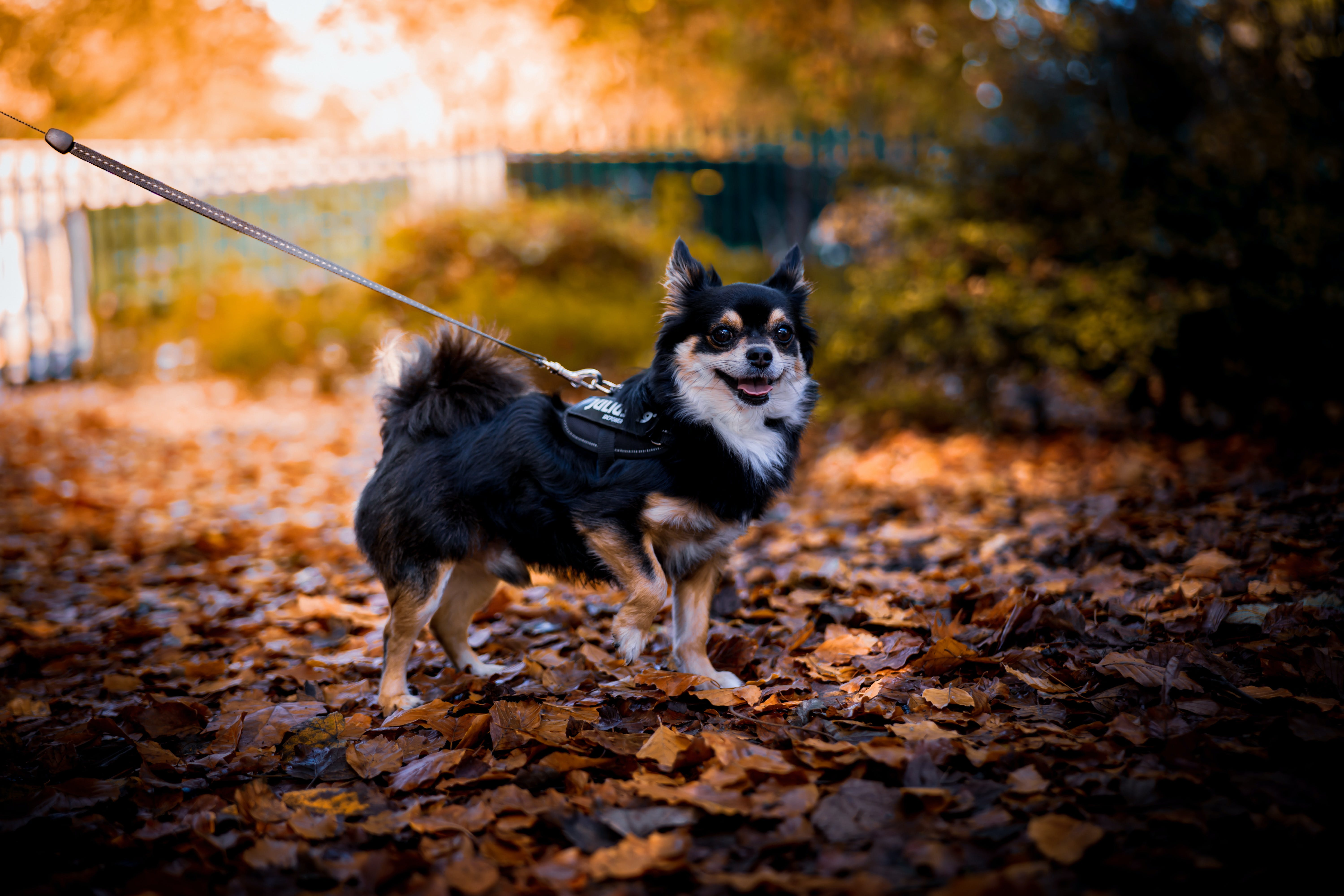
Little Paws, Big Health: A Guide to Keeping Your Small-Breed Dog Happy and Healthy
Welcoming a small-breed dog into your home brings immeasurable joy, but it also comes with the responsibility of ensuring their health and well-being. In this comprehensive guide, we'll explore key strategies for keeping your petite companion in the pink of health. From tailored nutrition to exercise and preventive care, these tips will help you create a thriving environment for your small breed dog.
- Tailored Nutrition: Small Size, Big Needs
- Specialized Small-Breed Diets:
Small-breed dogs have unique nutritional requirements. Choose premium dog food that is made especially for little breeds.
These diets typically contain smaller kibble sizes, ensuring easy chewing, and are packed with the nutrients essential for their health. - Portion Control:
Due to their diminutive size, small-breed dogs are prone to weight gain. Monitor portion sizes carefully, considering their age, weight, and activity level. Consult your veterinarian to determine the ideal diet and feeding schedule for your furry friend.
- Specialized Small-Breed Diets:
- Regular Exercise for Little Legs:
- Daily Walks and Playtime:
Despite their size, small-breed dogs often have high energy levels. Regular walks and play sessions are crucial for their physical and mental well-being. Engage in activities suitable for their size, ensuring they get the exercise needed to stay fit and happy. - Interactive Toys:
Invest in toys that encourage mental stimulation and physical activity. Puzzle toys and interactive games are excellent choices, keeping your small-breed dog engaged while promoting exercise.
- Daily Walks and Playtime:
- Dental Care: Little Teeth, Big Impact
- Regular Brushing:
Small-breed dogs are often more susceptible to dental issues. Establish a routine of regular teeth brushing to prevent plaque and tartar buildup. Use dog-friendly toothpaste and a small toothbrush to keep their little pearly whites in top condition. - Dental Chews and Toys:
Offer toys and dental chews that are intended to improve oral health. These can help reduce plaque and freshen your dog's breath, contributing to overall dental well-being.
- Regular Brushing:
- Regular Veterinary Check-ups: Prevention is Key
- Vaccinations and Preventive Care:
Small-breed dogs may be more prone to certain health conditions, making regular veterinary check-ups crucial. Stay current on vaccinations and discuss preventive care measures with your vet, including flea and tick prevention. - Weight Monitoring:
Small-breed dogs can gain weight more easily, leading to health issues. Regular veterinary visits allow for weight monitoring and early intervention if needed. Your vet can provide tailored advice based on your dog's specific needs.
- Vaccinations and Preventive Care:
- Cozy Comfort: Small Spaces, Big Love
- Comfortable Beds and Blankets:
Provide your small-breed dog with a comfortable bed and blankets in a cozy corner. Small breeds may get cold more easily, so ensuring they have a warm and snug sleeping area is essential. - Safe and Secure Spaces:
Small-breed dogs may be more sensitive to their environment. Create safe and secure spaces within your home where they can retreat if they feel overwhelmed or tired.
- Comfortable Beds and Blankets:
- Grooming Rituals: Little Coats, Big Care
- Regular Brushing:
Depending on the breed, your small dog may have specific grooming needs. Frequent brushing reduces shedding and maintains the health of their coat. Consult your vet or a professional groomer for guidance on the best grooming routine for your specific breed. - Nail Trims and Ear Checks:
Small-breed dogs often have smaller, more delicate nails and ears. Regularly trim their nails and check their ears for cleanliness and signs of infection.
- Regular Brushing:
In conclusion, caring for a small-breed dog involves a combination of specialized nutrition, regular exercise, preventive care, and attention to their unique needs. By embracing these tips, you'll not only keep your petite companion in optimal health but also strengthen the bond between you and your small-breed dog. Every wag of their little tail is a testament to the love and care you provide, ensuring a happy and healthy life for your cherished furry friend.





